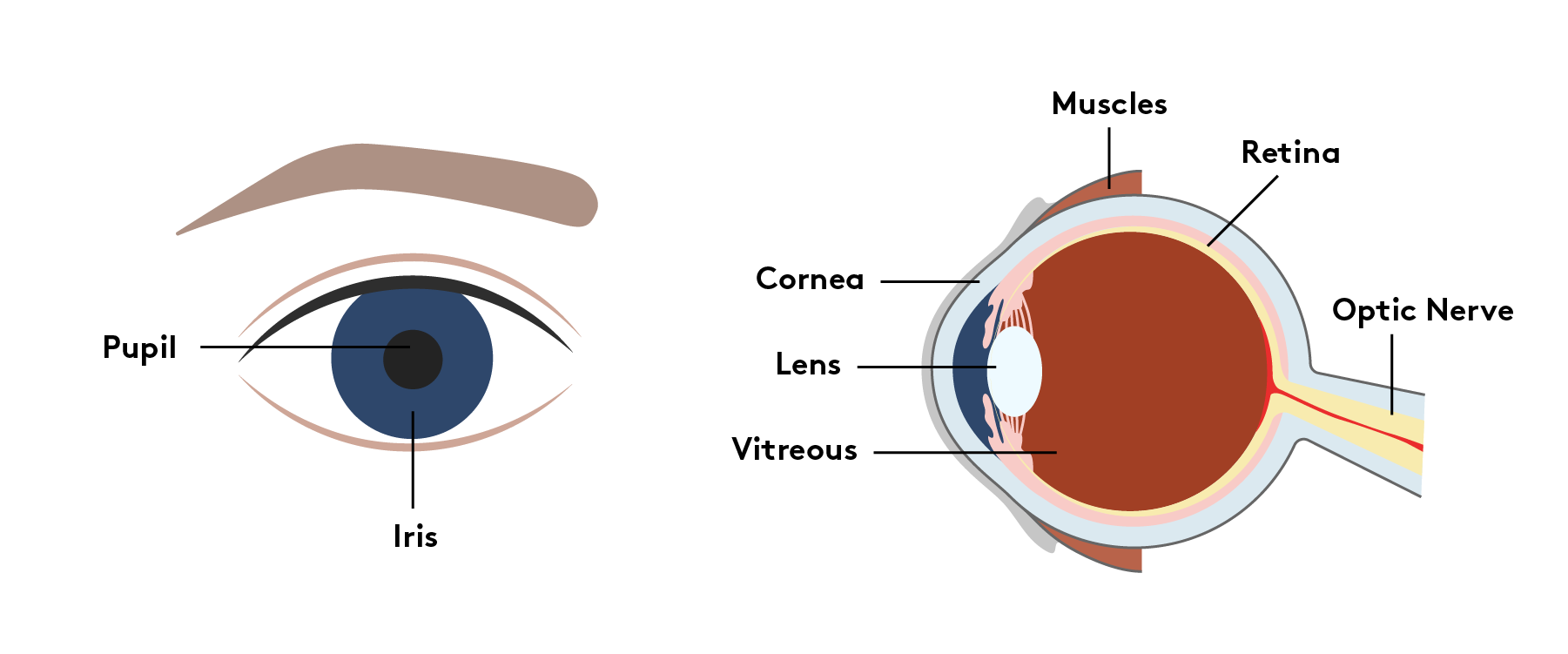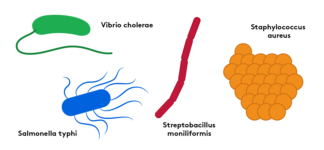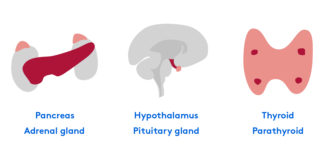The eye is one of the most important sensory organs to study and understand for the MCAT, as it has far reaching applications in biology, chemistry, physics, and psychology. In this webinar, we will cover the anatomy of the cell, from cell types to the unique action potentials of photoreceptors. The eye is a converging lens (think physics!) and can have a myriad of disorders that affect its ability to focus. We will also cover psychology visual process, or the route that sensory information takes from the eye to the brain.
The Eye






